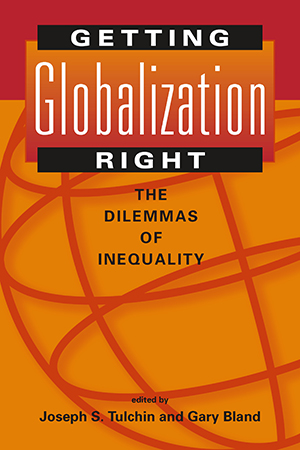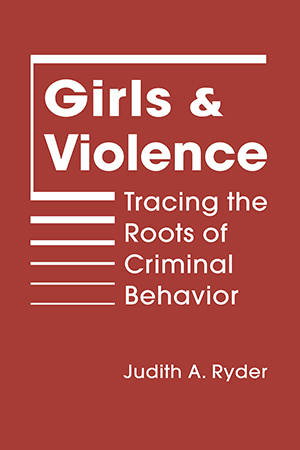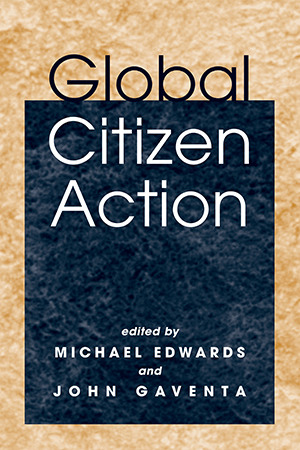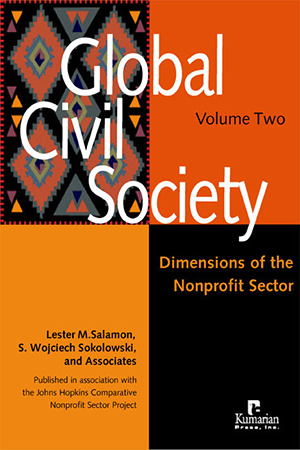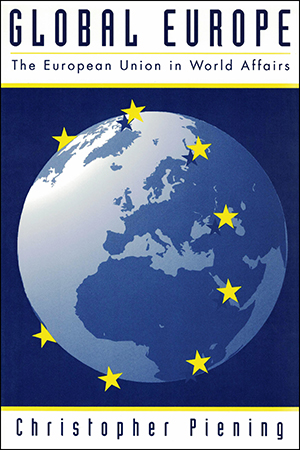BOOKS
Despite an array of predictions that Germany's foreign policy would be unable to adapt easily to the postunification, post–Cold War environment, it has in fact remained effective, More >
This penetrating collection of essays represents the most sophisticated research undertaken in an important and long-neglected area of scholarship. Bringing together for the first time More >
Examines the perplexing issues and polemics surrounding the recent reconsideration of the Jewish-German synthesis. In wide-ranging essays, the contributors explore the ways in which More >
Getting Globalization Right explores political and economic changes in seven new democracies that have in common both a movement toward greater integration with the world economy and the More >
Can we avoid nuclear war? Why are we more at risk today than at the end of the Cold War? Can the world powers work together to ensure international stability? Stephen Cimbala provides a More >
Seeking to better understand the processes that push teenage girls to acts of criminal violence, Judith Ryder explores the relationship between disrupted emotional bonds and violent More >
Less than ten years ago, there was little talk of civil society in the corridors of power. But now, the walls reverberate to the sound of global citizen action—and difficult questions More >
In Volume Two of Global Civil Society, the Johns Hopkins Comparative Nonprofit Sector Project continues the comprehensive overview of the scope, size, composition, and financing of the More >
Exploring the diverse ways that corporations affect the practices and structures of the global political economy, this innovative work addresses three fundamental questions: How can the More >
The European Union (EU), though comprised of fifteen separate, sovereign states, is constrained by treaty to act "as one" in key areas. And as trader, investor, aid donor, and most More >






